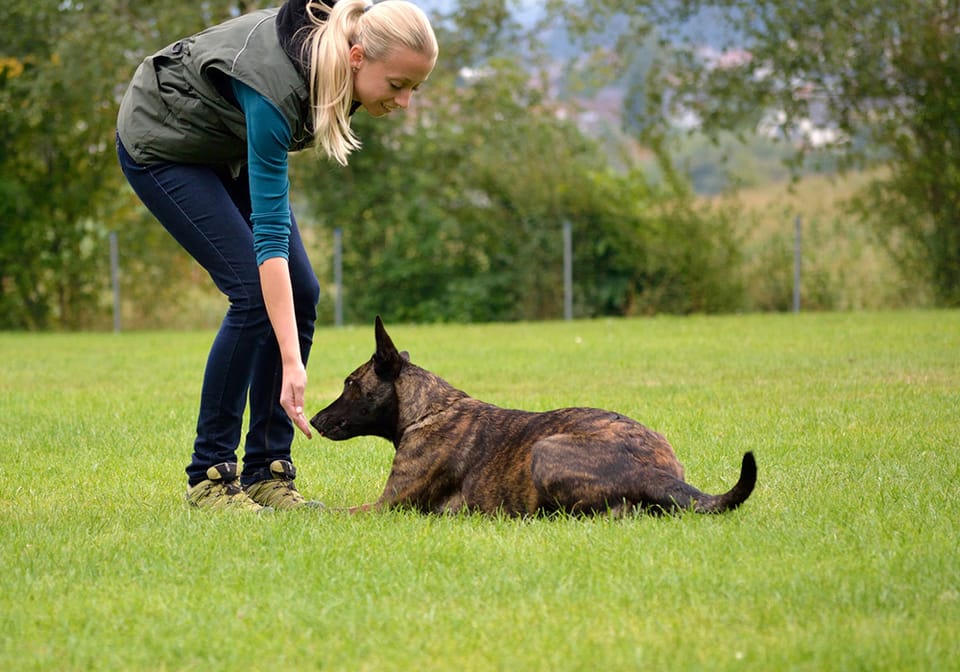What certification do I need to be a professional dog trainer?

In the United States, there are no formal requirements to become a dog trainer. Dog training schools and organizations have surged in popularity in recent years. Certification for trainers, however, is still new. So, why get certified?
Benefits of certification
The obvious perk being a certified dog trainer is that you’re set apart from your competition. The market for dog trainers is crowded. The guy down the street who has trained a few dogs can start advertising today, and see training clients tomorrow.
By taking the time to get certified as a dog trainer, you show clients that you take your job seriously. Certification requires you to pass a test that demonstrates your training knowledge. The trainer who gets a emotional support certification gets more information about your dog. You also agree to follow the certifying organization’s code of ethics and philosophy. This gives dog owners more information about you and your business as they look at training options.
Being a certified trainer also makes you visible to clients. Most organizations that certify dog trainers provide a searchable list of their members online.
Certification with organizations such as the International Association of Animal Behavior Consultants or the Certification Council of Pet Dog Trainers also means you get member benefits from those groups. This includes discounts on dog training courses, workshops, conferences, seminars and online shops, such as Dogwise. (For example, our Become a Pro Dog Trainer course is discounted for members of IAABC and the Association of Professional Dog Trainers.)
Dog training pros give back
Becoming certified is a way to give back to the dog training profession as a whole. You can share what you know about training dogs with the dog training community, as well as with your clients. An educated trainer is a dog’s best friend. Many of us learn about dogs and animal behavior to help dogs. This means offering our presence not only to clients, but fellow trainers.
Organizations like IAABC and the APDT have been at work for more than a decade providing education to any dog trainer who loves to learn. By becoming a certified dog trainer, you can mentor new trainers, and contribute your insights to tricky cases. Being certified also means you get to boast a little about your certification — after all, you’ve earned it!
What do you think about (insert specific school or organization here)?
There are many dog training schools and animal behavior organizations that provide a humane and in-depth review of how to train dogs. The question is not whether I think a particular group is “good,” but how can you tell which are good, and which are a waste of money?
I check any learning opportunities by answering the following questions. (This advice also applies to as online courses, in-person seminars, conferences and webinars):
- Who is the primary teacher or teachers? Do they have a history working on the types of training or behavior problems I want to work on?
- What are the instructors’ qualifications? Is the instructor associated with an established dog training organization or club?
- Does the instructor treat people and animals in a kind and humane manner?
- Can I talk to members or students about their experiences with the organization? Can I check the school’s or instructor’s references?
- Who will be the primary instructor? What opportunities will I have to get feedback? Who will be reviewing my work? What topics are covered?
- Are this organization’s training philosophies a good fit? For example, IAABC and APDT both embrace the Least Aversive, Minimally Intrusive approach. The LIMA framework does not tell trainers what methods or tools to use or avoid. Instead, it requires skill and competence in training, and the approach of each animal as an individual.
Does getting certified as a dog trainer make me qualified to fix (insert training or behavior problem here)?
As in every profession, education, experience and skill are the keys to being qualified to tackle problems specific to that field. Some certifications, such as the IAABC’s Associate Certified Dog Behavior Consultant, ask the applicant to prove a working knowledge of behavior modification, and not only the usual dog training tasks.
Are you interested in behavior modification? You should choose a dog training credential that addresses learning theory and the basics of behavior analysis. Or, are you more interested in training dogs to perform new skills and behaviors? Or are you working with a behavior professional to implement his or her behavior plans? If so, you might not feel that you need a rigorous behavior certification program.
What’s next?
If you want to be certified as a dog trainer, but don’t know where to start, our Become a Pro Dog Trainer course is for you. We’ll discuss certification options, how to get the required experience and further education. The next session starts May 22, 2017.
Or, join our mailing list to receive trainer updates and tips, courses, and other educational opportunities.
If you are an established trainer who isn’t yet certified, I encourage you to think about joining the ranks of your certified colleagues. We need continuing education, and you might be the person teaching the event we want to attend!
And, you never know: your certification might be what nudges a client to make a last-chance call for her dog, knowing that a caring, competent trainer is on the line.
See also:
International Association of Animal Behavior Consultants
Certification Council for Pet Dog Trainers
Photo ©: alfredhofer / 123RF




